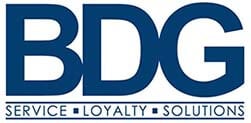Eminent domain and government takings of property are often necessary and are frequently helpful to the public in the long term. The government can use its power of taking property to, for instance, improve public utilities and roads.
Eminent domain and other governmental takings of property can also be a valuable tool for economic development. However, for businesses that lose property through a taking, there are unquestionably some losses.
State and local governments must pay just compensation to a private landowner if the government takes all or part of the property. To review, just compensation is not the same as paying the price the landowner demands; it is rather based on the objective value of the land.
Recognizing that businesses can also lose intangible economic advantages if they lose their property, California law also requires the government to pay just compensation for the business’s loss of goodwill. Goodwill can be loosely defined as a business’s overall ability to attract and keep customers over and above the value of its products or services.
A convenient location, for instance, promotes goodwill since customers may choose to pay slightly more in exchange for traveling a shorter or easier distance.
Not every business subject to eminent domain has the right to ask for compensation for goodwill. There are several procedural hurdles the business must cross before getting additional money from the government.
For instance, the business must take reasonable steps to preserve goodwill in spite of the loss of property, including looking for an equally suitable location. In other words, the business has to try to minimize its loss of goodwill. It cannot just do nothing and then ask for more money.

